Fundraising is essential in supporting the mission and activities of the Toowoomba Diocese. For some of our ministries, it is vital to generate funds to sustain and expand their work. We achieve this by asking our generous parishioners to support appeals where possible and remember the diocese in their will.
SPecial REligious Development (SPRED) is a wonderful ministry that has been operating in our diocese for over 30 years. SPRED seeks to ensure that people with intellectual/developmental disabilities are supported in their religious, spiritual, social, and emotional development. It is a ministry of inclusiveness and evangelisation which meets people where they are. Staff, volunteers and SPRED Friends journey together in faith, love and respect. You can donate now online via secure payment. All donations over $2 are tax deductible.
The Priests Retirement Foundation (PRF) was established in 1998 as a way of supporting ageing and sick priests as they move from active service in parishes. Priests see people at their weakest, in infancy, sickness, depression, and death. Our priests, too, suffer from these natural human weaknesses. Supporting the PRF financially is an opportunity to remember all those now retired, perhaps sick, who have sacrificed so much and who now need our support. You can donate now online via secure payment or support the PRF Father’s Day Appeal held each year in parishes. All donations over $2 are tax deductible.
Not only can we make a change to people around us today, we can also outreach to the future long after we’re gone. You can leave a legacy donation by remembering the diocese and it’s many ministries in your will. To find out more about how to do that, please visit our Bequest – Outreach to the Future page.

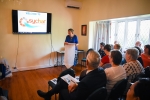
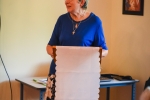
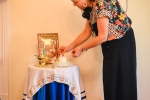
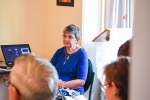
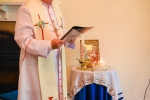
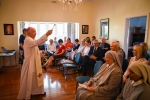
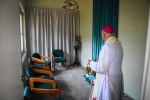
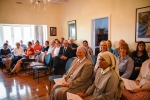
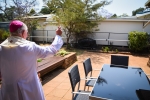
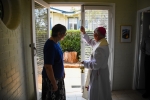
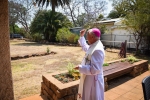
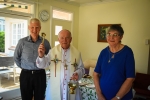
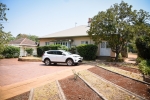
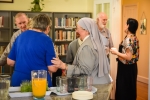
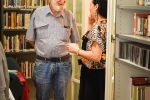
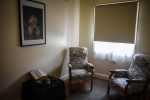
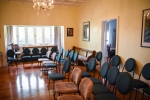
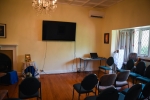
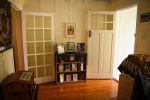
 #spredtoowoomba #toowoomba #disabilitysupport #disabilityawareness #volunteer
#spredtoowoomba #toowoomba #disabilitysupport #disabilityawareness #volunteer